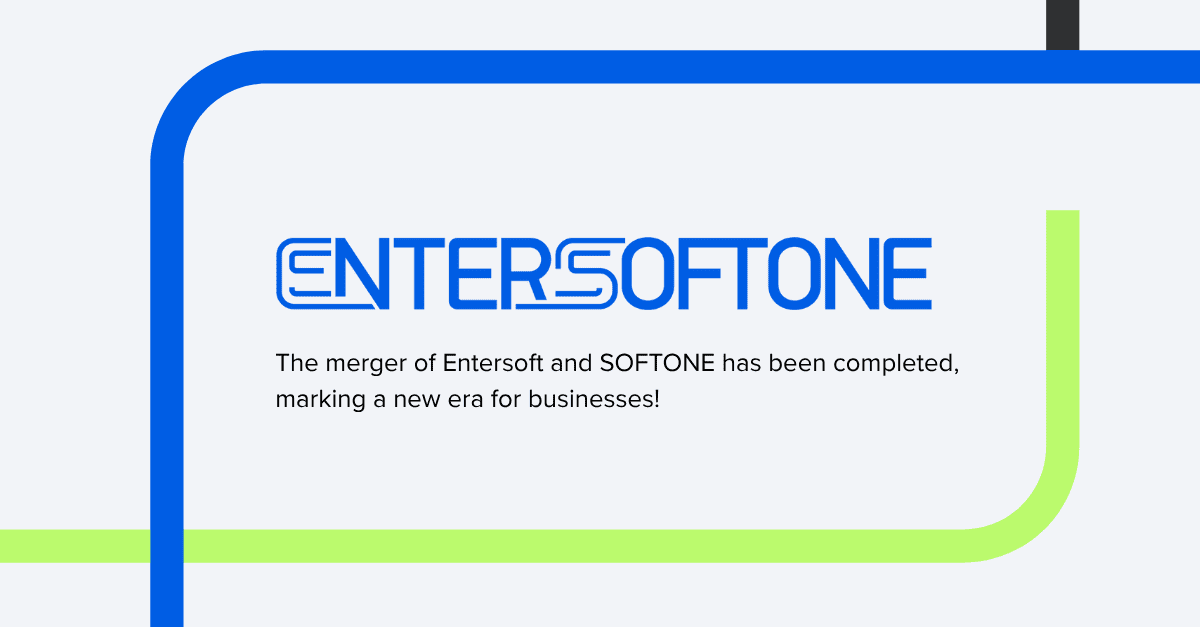Share
Read also

Trends & Views
Digital Transformation Strategies for Success

Business Software
CRM for Small Businesses and Seamless Integration

News & Events
ENTERSOFTONE: The merger of Entersoft and SOFTONE has been completed, creating the largest provider of business software products and services in Greece and Southeast Europe.

Mobility
Outlook for the BYOD and EM market from 2025 to 2035
According to a new study by DataHorizzon Research, the Cloud CRM market is projected to grow at an average annual rate of 9.3% from 2025 to 2033, driven by the acceleration of digital transformation initiatives, increased demand for remote accessibility, and a growing emphasis on optimizing the customer experience in businesses worldwide.
The cloud CRM market is estimated at approximately $58.95 billion in 2025 and is expected to reach $143.09 billion by 2033, reflecting a CAGR of 9.3% over the forecast period. This exponential growth trajectory reflects a fundamental shift in enterprise software adoption patterns, with businesses prioritizing scalability, cost efficiency, and real-time collaboration capabilities.
Small and medium-sized enterprises are a particularly dynamic segment, accounting for approximately 42% of total market demand, as they seek affordable yet sophisticated customer management solutions. The market landscape reveals growing adoption across various industries, with financial services, retail, healthcare, and technology leading the way. Security features, advanced analytics capabilities, and AI integration have become standard expectations rather than premium add-ons, pushing vendors to continually innovate their offerings.
The subscription-based revenue model has radically transformed supplier strategies, encouraging continuous product development and initiatives for customer success. The ability to integrate with existing business applications, accessibility from mobile devices, and real-time synchronization features have emerged as critical differentiators in vendor selection processes.
Digital transformation initiatives are the main catalyst for the expansion of the cloud CRM market, as businesses recognize the strategic importance of centralized customer data management and automated workflow processes. The adoption of remote work has accelerated demand for cloud-accessible platforms that enable teams to collaborate effectively while maintaining consistent customer service standards. Pressure to optimize costs is driving organizations to replace expensive on-premises infrastructure with flexible subscription models that eliminate hardware maintenance requirements and provide predictable operating expenses.
The integration of AI technologies for conversations and chatbots into CRM platforms enables the automation of customer interactions and the provision of 24/7 support, significantly improving the customer experience while reducing operating costs. Social media integration features enable businesses to monitor customer sentiment, identify brand mentions, and engage potential customers across multiple digital channels from centralized dashboards. “Mobile-first” design approaches prioritize accessibility from smartphones and tablets, allowing sales teams to access critical customer information and update records while traveling or working remotely. Advanced data visualization and reporting tools incorporate predictive capabilities, helping businesses identify sales opportunities, predict revenue trends, and optimize marketing campaign performance through actionable insights.







